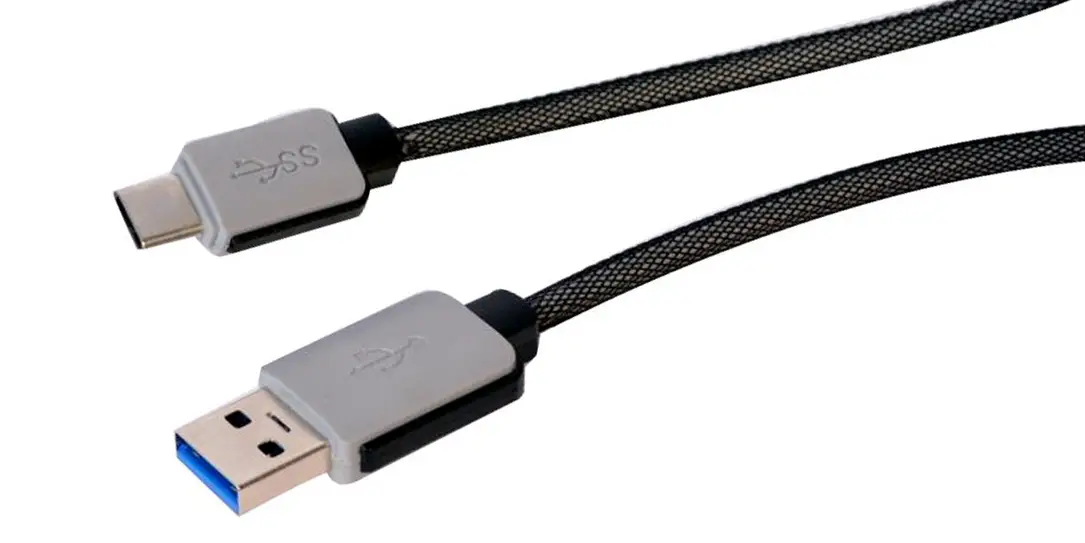Benson Leung, a Software Engineer at Google, has been on a mission to sort through the chaff and let us all know what USB-C cables are compliant, and which ones aren’t. So far he has an extensive Google+ Collection with 105 posts reviewing various cables he’s purchased from Amazon, Monoprice, and other third party vendors.
Unfortunately it sounds like Leung has hit a big roadblock in his testing as one of the cables he recently tested “destroyed” his $1499 Chromebook Pixel 2 and other test equipment. Ouch!
In a follow up post, Leung linked to his review of Surjtech’s 3M USB A-to-C cable and included some more specifics as to the damage it caused.
This one will probably be the last one I do for a little while because this cable (1-star review score, straight off) seriously damaged the laptop computer I am using for these reviews, a Chromebook Pixel 2015, and two USB PD Sniffer devices (Twinkie).
[…]Twinkie’s current and voltage measurement command (tw vbus) failed immediately after plugging this cable with the adapter into it. This is permanent damage. I tried resetting the Twinkie analyzer and having the firmware reflashed, but it continues to exhibit this failure. It is no longer able to use its voltage and current measurement capability on the Vbus line.
On my Pixel, both USB Type-C ports stopped responding immediately. […] Upon rebooting my Pixel, the system came up in recovery mode because it could not verify the Embedded Controller on the system. […] Upon closer analysis, serious damage has been done to components related to charging and managing the USB Type-C port’s capabilities.
Leung further analyzed the Surjtech cable and found that it appears the cable is completely miswired.
I directly analyzed the Surjtech cable using a Type-C breakout board and a multimeter, and it appears that they completely miswired the cable. The GND pin on the Type-A plug is tied to the Vbus pins on the Type-C plug. The Vbus pin on the Type-A plug is tied to GND on the Type-C plug.
In short, Leung implores you to stay away from this cable, and this just goes to show that those cheaper alternatives to OEM cables aren’t all they are cracked up to be. Trying to save a few dollars buying that $10 third party cable could end up costing you much more in the long run.
Have you had a bad experience with a third party USB-C cable? Let us know in the comments below, or on Google+, Twitter, or Facebook.
[button link=”https://plus.google.com/+BensonLeung/posts/HzkGqnWcyYM” icon=”fa-external-link” side=”left” target=”blank” color=”285b5e” textcolor=”ffffff”]Source: Benson Leung on Google+[/button][button link=”https://www.amazon.com/review/R2XDBFUD9CTN2R/ref=cm_cr_rdp_perm” icon=”fa-external-link” side=”left” target=”blank” color=”285b5e” textcolor=”ffffff”]Source: Amazon Surjtech cable review[/button]Last Updated on March 30, 2016.











Comments are closed.